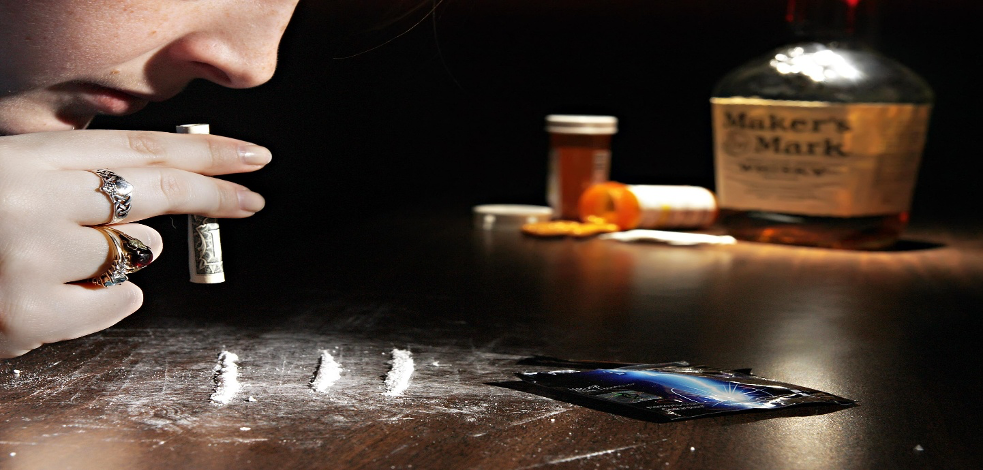
Drug Abuse and Addiction
BY: Jeremiah Adepoju
Drug abuse refers to the use of illegal drugs such as marijuana, cocaine, heroin, LSD, etc, or the use of prescribed drugs above the prescribed dosage. It also refers to taking medications without a prescription or taking another person’s medication. It is important to note that drug abuse isn’t limited to illegal drugs alone. Prescription drugs that can be abused include stimulants, opioids (prescribed for pain), and sedatives.
The abuse of drugs or substances can result in an overdose which sometimes result in fatal outcomes. A spike in report of psychoactive substance use has created a need to understand the reasons why people abuse them, modalities of prevention and treatment of mental and behavioral disorder due to psychoactive substance use, and the relationship between drug abuse and addiction.
Reasons why people engage in psychoactive substance use
People take substance or engage in drug abuse for various reasons. The various reasons why people abuse psychoactive substances include but are not limited to:
- improve their performance at work, school, or sports
- Numb feelings of unpleasantness – for example – to cope with the negative feeling from a mental illness e.g. eating disorder
- Conform to the activities of a peer group
- Relieve stress
Preventing and Treating Mental and behavioral disorder due to psychoactive substance use
The prevention of drug or substance abuse is largely through public health education and awareness about the risks factors and dangers of drug or substance abuse. Identification of the various risk factors that can predispose an individual to psychoactive substance use is important in the prevention of psychoactive substance abuse. Individuals who also engage in psychoactive substance abuse should also seek help from a psychiatrist.
Treatment usually begins with a diagnosis. The biopsychosocial model is principally employed in the treatment of individuals who suffer from mental and behavioral disorder due to psychoactive substance use. This model basically uses biological treatment in the form of drugs and detoxification, psychological treatment such as cognitive behavioral therapy and psycho-education, and a social approach to ensuring successful treatment.
The Relationship between Drug Abuse and Addiction
Drug abuse can result in addiction. It happens slowly. For instance, the usual amount of a drug or substance an individual abuses does not produce the desired effect so, the individual increases the quantity and frequency in a bid to achieve that effect. This is known as tolerance. Over time, the individual may neglect other aspects of life due to an unhealthy dependence on the abused drugs. This isn’t due to moral weakness, but a change in the brain’s structure that stimulates the individual to consume more amount of the drug to recreate the feeling induced by that drug.
